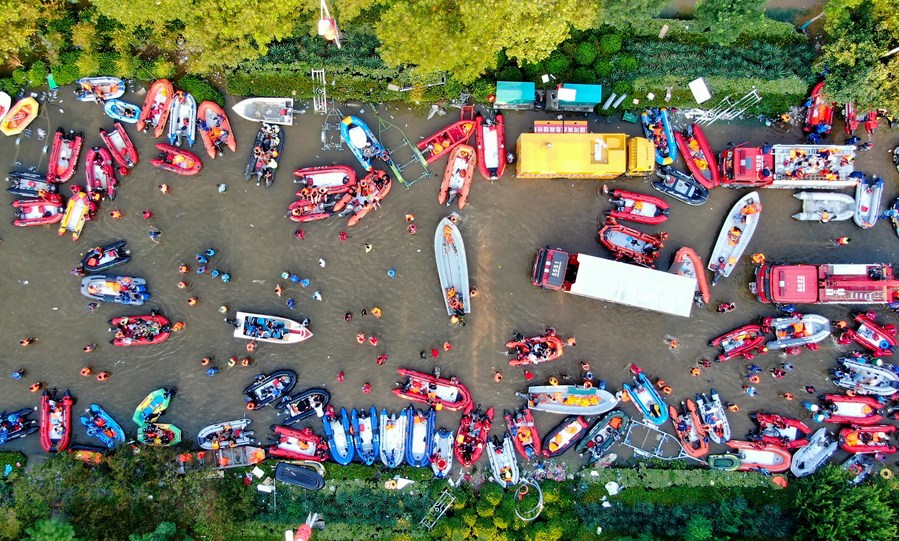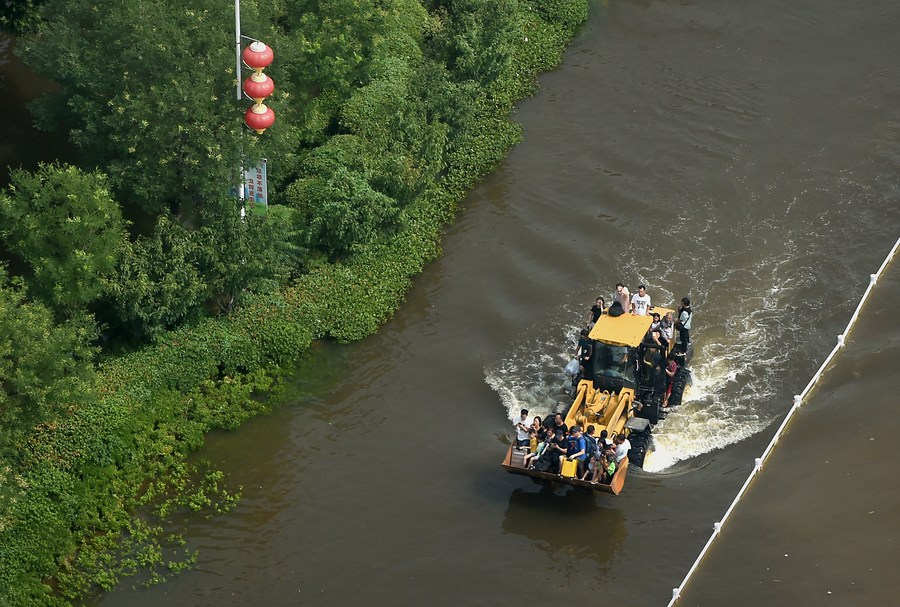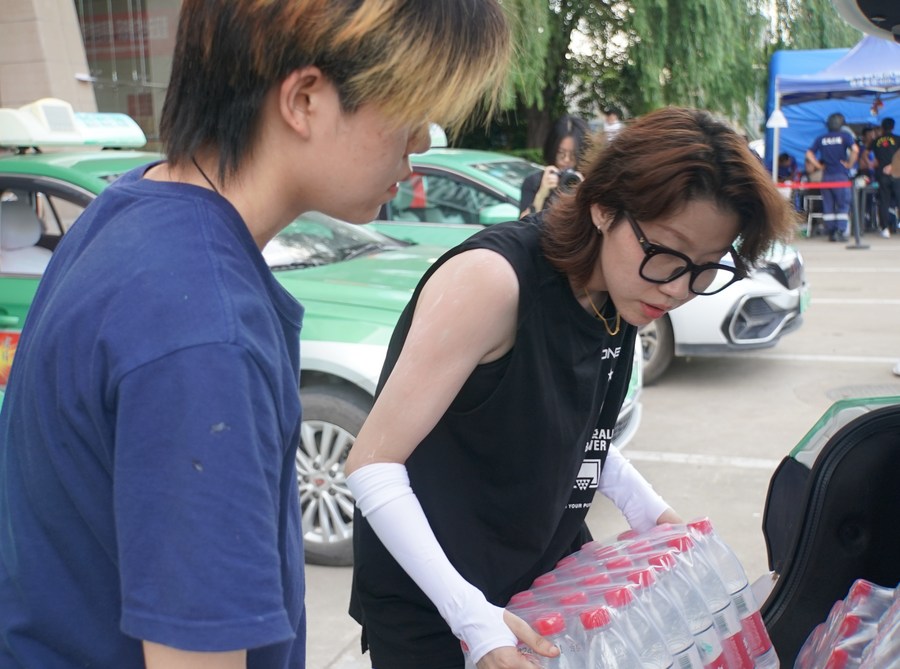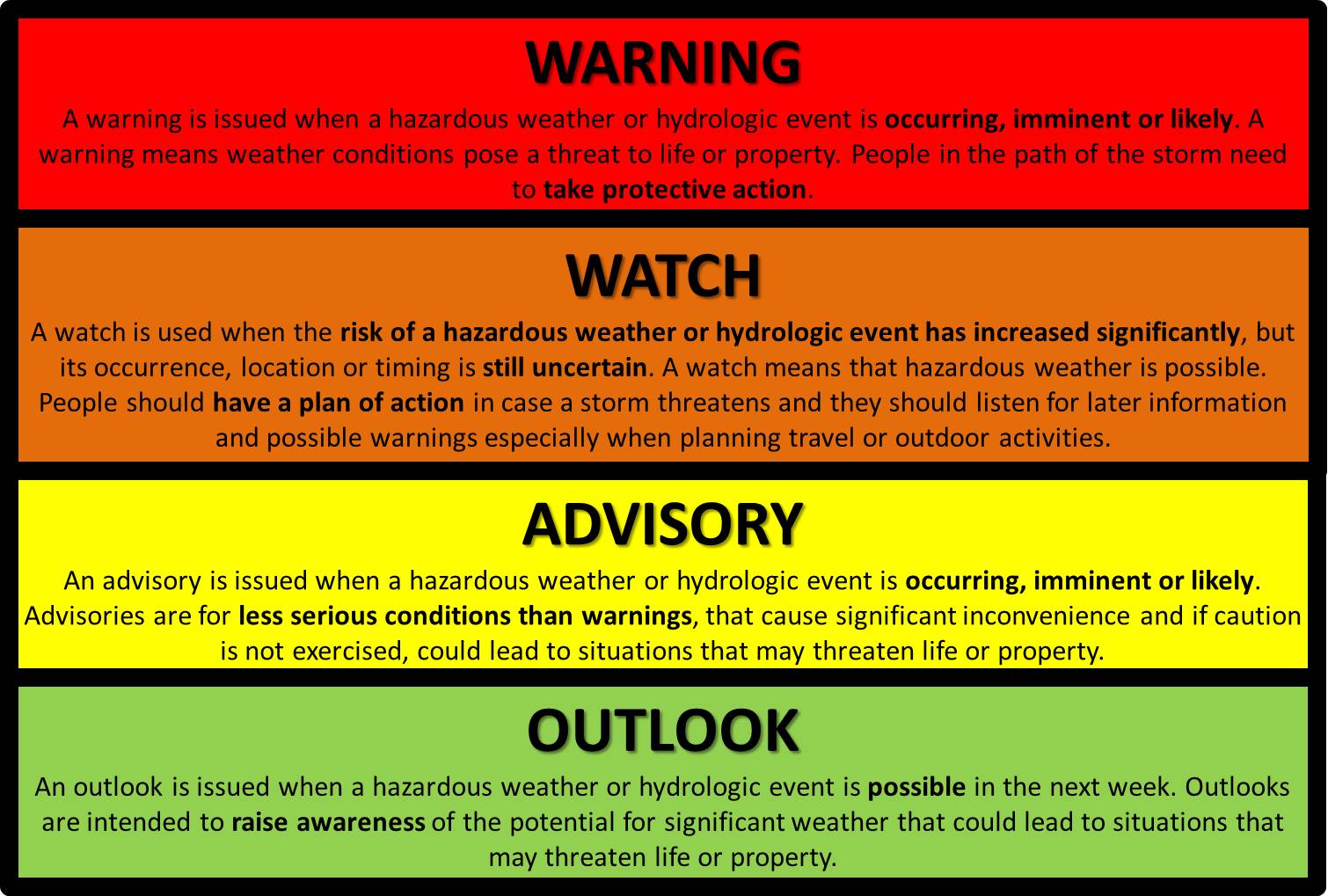-- The fight has rallied thousands of volunteers from home and abroad who are working in shifts 24 hours a day to offer help through the internet.
ZHENGZHOU, July 31 (Xinhua) -- At 5:00 p.m. on July 20, Zhao Jiaqi and her roommate Lou Yikun, two juniors at Beijing Technology and Business University completed a mock test for the postgraduate entrance examination and started to read news online.
At the same time, 27-year-old Zhang Jingshu, a Chinese student at Columbia University, was at a hotel in San Francisco and preparing for her return to China. She habitually checked her phone before going to bed.
"Record rains hit central China's Henan Province." "Rainstorms in Henan cause massive disruptions." The news feed was roaring with information on the Henan floods.
They were unaware that they would soon throw themselves into the same invisible battlefield.Aerial photo taken on July 26, 2021 shows the rescue scene outside the First Affiliated Hospital of Xinxiang Medical University in Weihui City, central China's Henan Province. (Xinhua/Hao Yuan)

Aerial photo taken on July 26, 2021 shows the rescue scene outside the First Affiliated Hospital of Xinxiang Medical University in Weihui City, central China's Henan Province. (Xinhua/Hao Yuan)
The record downpour showed no signs of abating, with requests for help popping up on China's social media platforms.
The death toll from torrential rain in Henan had risen to 99 as of Thursday noon. More than 13.91 million people in 150 county-level regions had been affected by the latest round of downpours since July 16.
The more information they got, the more desperate Zhao and Lou, both 21, were to go to the front line to render help.
On July 21, they searched online and joined dozens of WeChat and QQ groups focusing on disaster relief. Zhang Jingshu was also a member of these groups.
One of the admins of these online groups was a post-1995 generation netizen called Hezi from the southwestern Chinese city of Chengdu. Hezi swung into action on July 20 and launched an online rescue campaign.
"We classify and verify the online messages before inputting the data on shared documents. Then, we connect those in need of help with the rescue forces," said Hezi.
As more young people got involved in different online rescue groups, an anti-disaster fight by China's Generation Z soon started at the fingertips.

Stranded residents are evacuated on a shovel loader in flood-hit Weihui City, central China's Henan Province, July 24, 2021. (Xinhua/Li An)
The fight has rallied thousands of volunteers from home and abroad who are working in shifts 24 hours a day to offer help through the internet.
On July 24, Hezi announced on his official WeChat account that he had founded 10 online rescue groups of more than 3,000 people. His teams had collected over 10,000 messages and assisted the rescue of thousands of people.
The original aim of his online teams was simply to collect information calling for help, Hezi said. The situation, however, demanded more. "With plenty of information pouring in, it is far from enough. The urgent messages might be washed away by the highly repetitive and scattered ones," Hezi added.
To ensure targeted rescue, the teams were divided into several groups tasked with different responsibilities like searching and verifying information, and contacting rescuers.
During her long-haul international flight back to China, Zhang Jingshu, majoring in education data analysis, was busy tapping on the laptop to filter critical information using her professional tech skills. As soon as she arrived, Zhang shared the information with other group members through Wechat.

Volunteers Zhao Jiaqi (R) and Lou Yikun help carry flood-relief supplies in Zhengzhou, capital of central China's Henan Province, July 27, 2021. (Xinhua/Li Ruolin)
Zhao and Lou were part of another group to check whether the information source was reliable and if people were still awaiting help. They distinguished the information by marking them with different colors. For instance, green meant saved, red indicated very urgent, orange meant urgent while gray suggested the information sender lost contact or even possibly died.
The two girls ate one hamburger, which was the only food they had after joining the volunteer team for two days.
"We didn't dare to sleep. One-minute delay may leave one trapped person dead," Zhao said.



